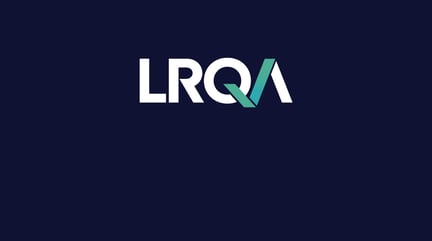Introduction
This APSCA recognised course provides information on the fundamental purpose of a CSR Audit program, including the CSR Audit approach and Audit Processes, as well as the range of social and ethical issues that face organisations and auditors, and enables auditors to be able to identify key factors in CSR audit execution.
Overview
By the end of this course, delegates will be able to:
- Describe the fundamental purpose of a CSR Audit program
- Understand the CSR Audit approach and Audit Process
- Describe the range of social and ethical issues that face organisations and auditors
- Understand key factors in CSR audit execution
- Understand the following:
- Access denied, zero tolerance and other special cases and process
- The local industry practice, bad examples, good examples
- The relevant legislative framework (national and local labour law)
- Continuous improvement and remediation plan
What will you learn?
Auditors will learn:
- How to execute a high-quality CSR audit
- Find isolated or systematic issues
- Understand the difference between inconsistency and finding issues
- Differentiate between non-compliance and observation
- Understand how to manage the challenges during the audit
- Write a comprehensive and detailed CSR report
- The course provides 16 CPD hours for APSCA auditors
Who should attend?
- New CSR Auditor applicants
- Current APSCA registered auditors
- Supplier’s Internal Auditors
What is included?
No pre-coursework is required for this course. Classroom/virtual course includes exercises via Kahoot and group exercises during the training session.
What do you need to prepare?
No preparation is required before attending this course.
Course length
Two days for classroom and virtual delivery.
Course delivery
Classroom and Virtual Instructor-Led Training (VILT).
Training from LRQA
With LRQA, you can access a wide range of courses to help you further your career and bring improvements to the management systems in your organisation. With many learning styles to choose from, our training courses can help you develop and reach your next level. Find out more about Ascend Training Courses from LRQA.


